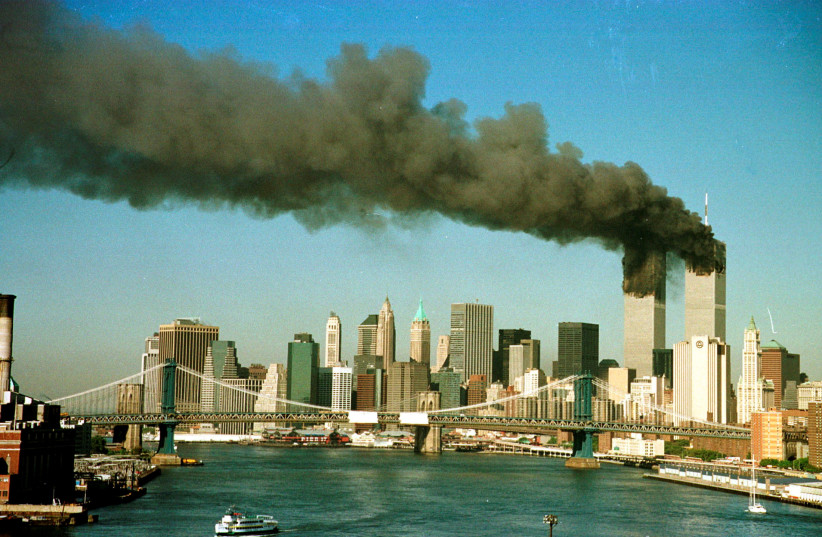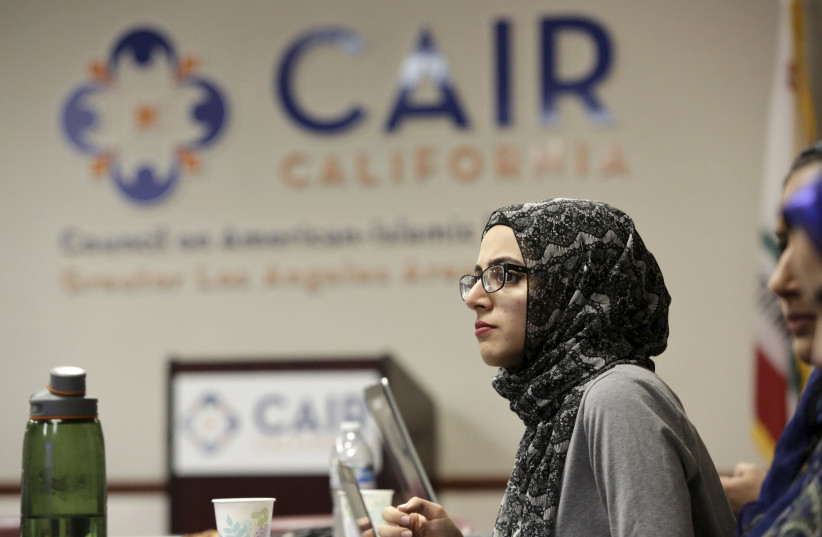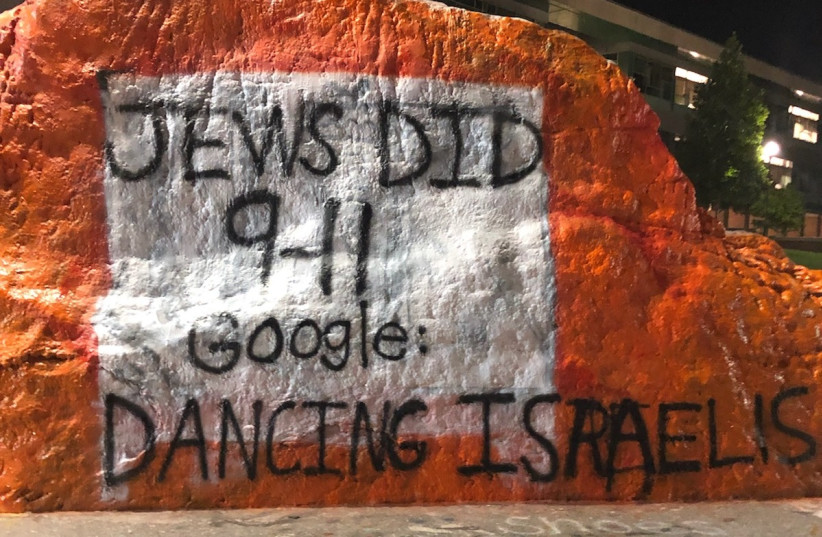September 11, 2023 marks 22 years since the 9/11 terrorist attacks in 2001 when terrorists hijacked multiple commercial airplanes, flying them into the World Trade Center in Manhattan and the Pentagon in Washington.
Another airplane crashed into a field in Pennsylvania.
The attacks resulted in the destruction of the Twin Towers, damaged the Pentagon, and killed almost 3,000 people.
The event remains the deadliest act of terrorism in history as well as the deadliest plane crash of all time.
The attacks were carried out by the foreign terrorist organization al-Qaeda and resulted in the first, and so far only, instance of Article 5 of the North Atlantic Treaty being invoked.

Consequently, the attacks sparked the NATO-allied US invasion of Afghanistan and Iraq and began the global war on terror.
Why did the 9/11 terrorist attacks happen?
On September 11, 2011, 19 al-Qaeda terrorists hijacked four commercial airlines: American Airlines Flight 11, United Airlines Flight 175, American Airlines Flight 77, and United Airlines Flight 93.
The former two, which had departed from Boston’s Logan International Airport and were en route to Los Angeles, crashed into the Twin Towers.
Flight 77, which had departed from Dulles International Airport in Washington DC and was also bound for Los Angeles, slammed into the Pentagon.
The passengers aboard the fourth plane, Flight 93 from Newark International Airport, realized that they were caught up in a terrorist suicide attack, rather than a ransom.
The passengers fought back against the hijackers and ultimately managed to crash it into a rural field in Pennsylvania before it could reach its target, which remains unknown to this day.
The terrorist group's motivation for the attack was rooted in a myriad of different factors, including US support of Israel and India, US troop presence in Saudi Arabia, support for Russia in Chechnya, and more.
Many of these motivations were further outlined in the November 2002 "Letter to America" written by then al-Qaeda leader Osama bin Laden, who had declared a jihad against the US back in the 1990s.
Famously, however, US President George W. Bush claimed that al-Qaeda launched the attack because "they hate us for our freedoms."
This was further elaborated on in a speech Bush delivered to the US Congress just nine days later.
"They hate what we see right here in this chamber — a democratically elected government,” Bush said. “Their leaders are self-appointed. They hate our freedoms — our freedom of religion, our freedom of speech, our freedom to vote and assemble and disagree with each other."
Many also ascribed religious symbolism and motivation behind the attack.
The following day, 318 years earlier, a pivotal moment in the Ottoman Empire's 1683 Siege of Vienna played out when Poland's King John III Sobieski turned the die against the Muslim Turks.
This Battle of Vienna ended the Ottoman's hopes of taking Vienna and was seen by many scholars as the point at which the West began to gain dominance over the Islamic world.
What was the legacy of 9/11
The immediate impact of the 9/11 attacks saw the drastic rise in popularity of both Bush and then-New York City mayor Rudy Giuliani.
Major changes were made in the US to pivot towards a new paradigm of warfare, carrying out widespread surveillance efforts in an attempt to better counterterrorism.
Examples of this include the Homeland Security Act of 2002 and the Patriot Act.

It also led to the start of the 20-year-long NATO invasion of Afghanistan, motivated in part by a desire to hunt down bin Laden – something that was eventually achieved in 2011.
However, one of the most lasting impacts of the 9/11 attacks is the sudden focus on combatting Islamist ideology and terrorist organizations.
The problem of Islamist insurgent groups and ideologically motivated terrorism was given a global spotlight, seeing countries from all over the world with previously little to no involvement now weighing in and countries that had already been grappling with it, such as Indonesia and the Philippines, now increasing their own efforts to crack down on the issue.
But the 9/11 attacks also allegedly preceded a wave of racism and intolerance towards Muslims in the West, with allegations of Islamophobia skyrocketing since.
Islamophobia in the US
A 2021 Pew article by researcher Besheer Mohamed noted that Americans were more likely to say that Muslims faced discrimination than they were to say the same about other groups such as Jews or Evangelical Christians.
While 78% of US adults sampled responded that Muslims faced either “a lot” or “some” discrimination in the US, 68% percent said the same of Jews, and 44% of Evangelical Christians.
Those who were Democrats or leaned Democratic were more likely to say Jews and Muslims faced discrimination than those who were either Republican or leaned Republican, but even among the latter category, a distinct majority agreed that Muslims faced discrimination.
Based on data from 2010, a Gallup report from earlier this year noted that six in ten American Muslims agreed that generally, most Americans are prejudiced toward Muslim Americans.

The only population that was more likely to say that Americans were prejudiced against Muslim Americans were American Jews, of whom 66% agreed that, in general, most Americans are prejudiced toward Muslim Americans.
The 9/11 attacks also allegedly led to an increase in antisemitism, with conspiracy theorists claiming that Jews, Israel, or Mossad were behind the 9/11 attacks. The ADL lists the term “dancing Israeli” as a common antisemitic dog whistle. The term refers to the idea that Israelis celebrated the al-Qaeda attacks on America.
